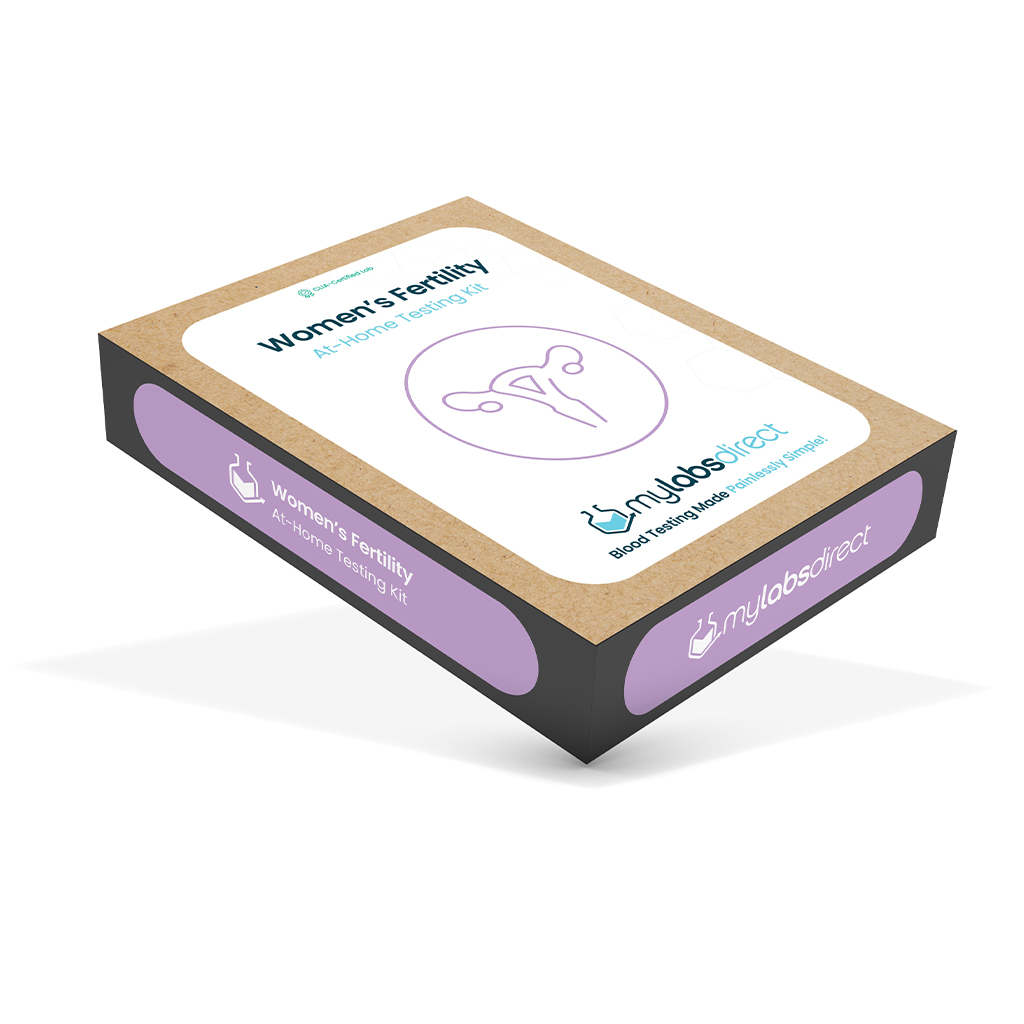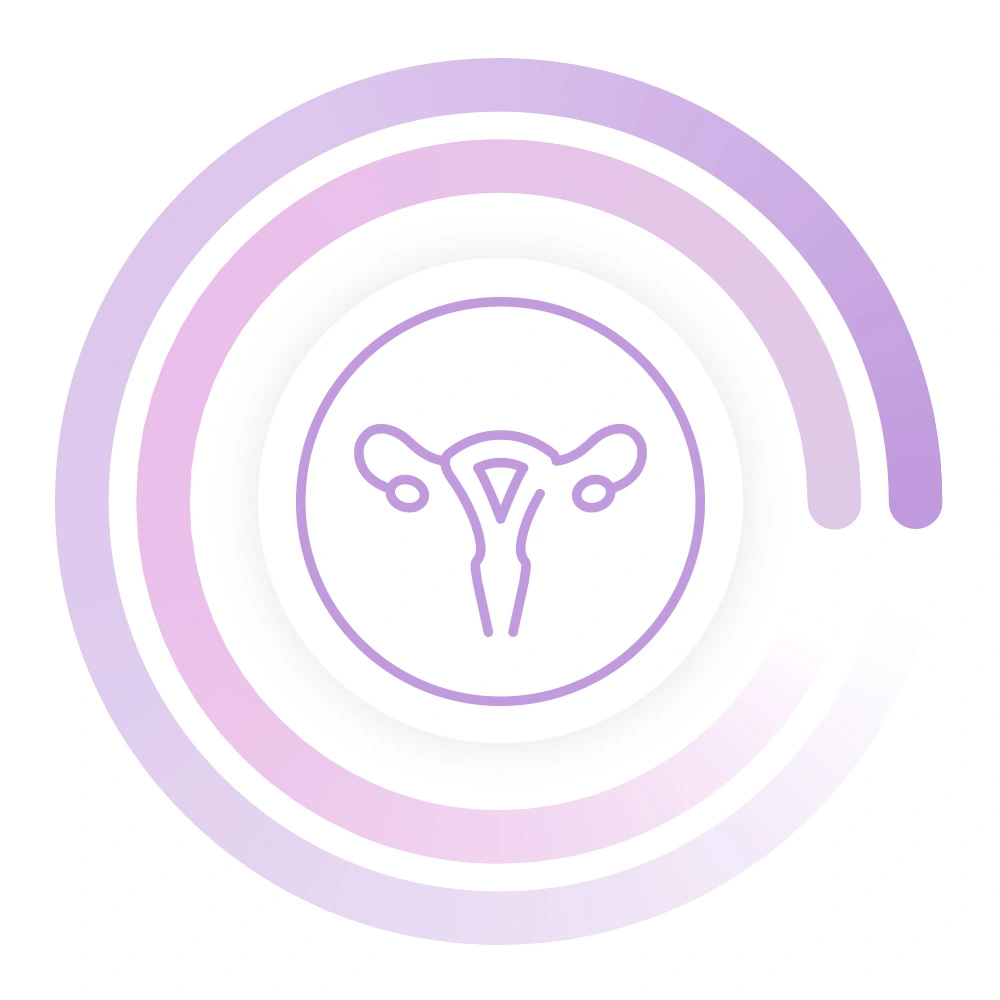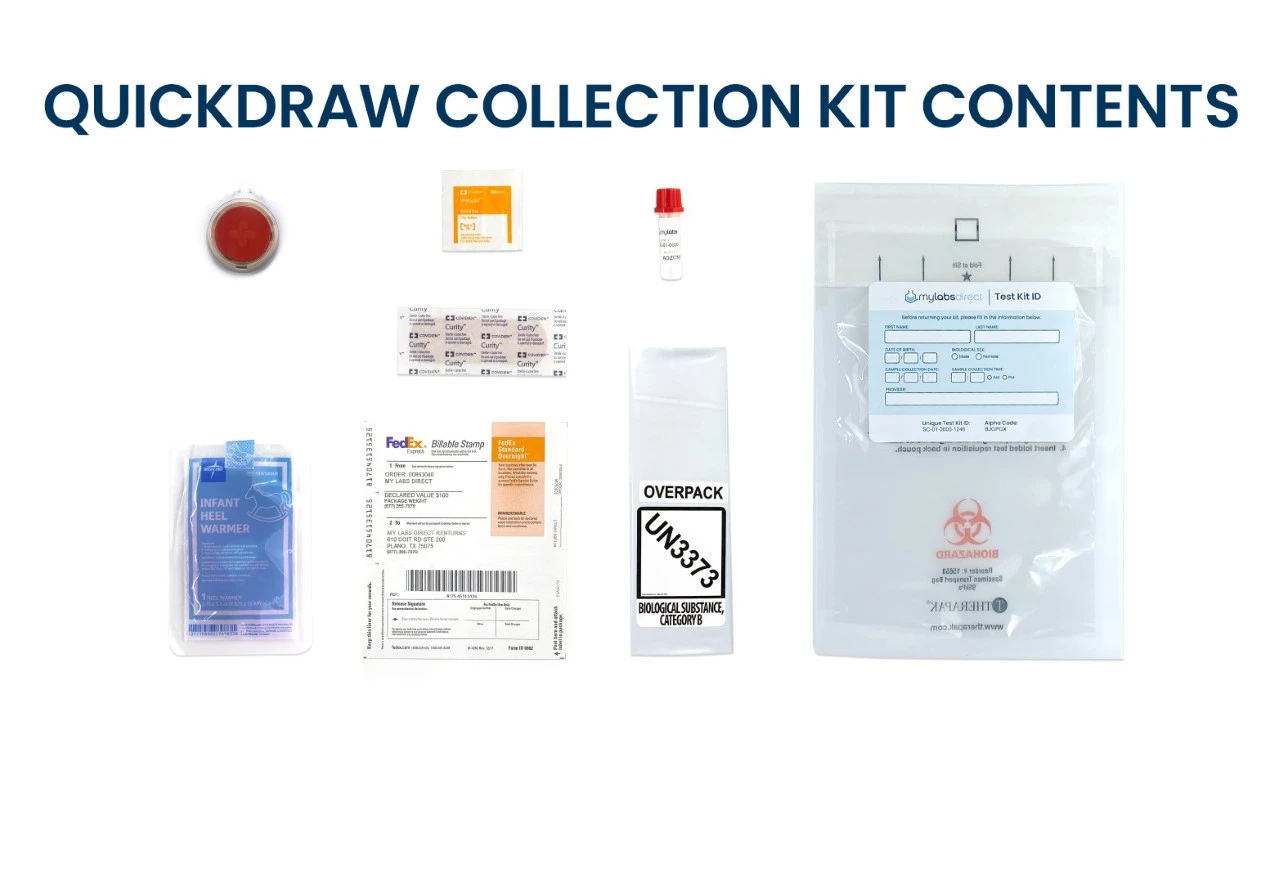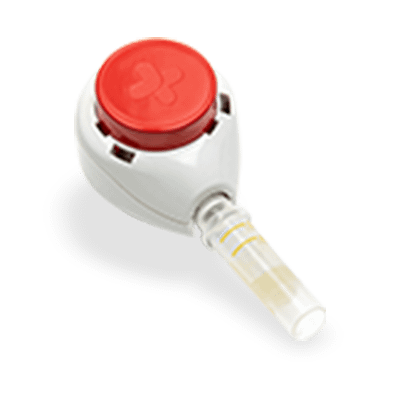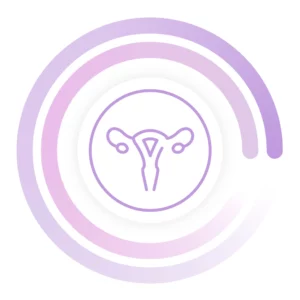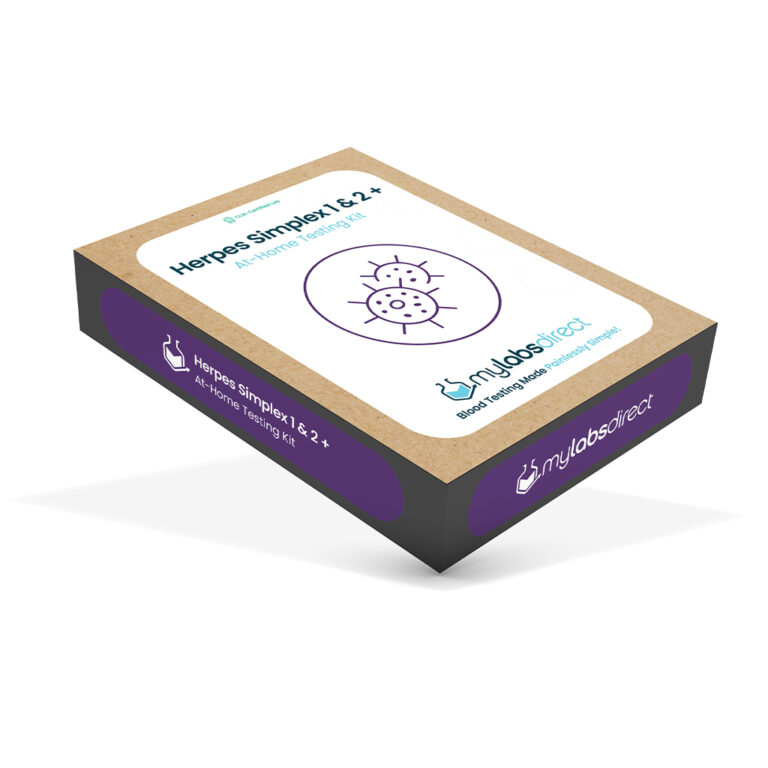Follicle-stimulating hormone, or FSH, is a hormone that is secreted by the anterior pituitary gland. It helps control a woman’s menstrual cycle and egg production. Too much or too little FSH can cause a variety of problems in women.
High levels of FSH in women can be caused by menopause and polycystic ovarian syndrome (a condition in which a woman’s hormones are out of balance).
Symptoms of high FSH:
- Irregular period
- Hot flashes
- Disrupted sleep
- Skin and hair changes
- Difficulty getting pregnant
Low levels of FSH are commonly caused by rapid weight loss or being very underweight.
Symptoms of low FSH:
Irregular or stopped menstrual cycle
Infertility
Luteinizing hormone, or LH, is produced and released in the anterior pituitary gland. This hormone plays a significant role in controlling the production of estrogen in the ovaries in females. LH plays an important role in sexual development and functioning. Too much or too little LH can cause a variety of problems, including delayed puberty in children, infertility and menstrual difficulties in women.
High levels of LH in women can be caused by menopause and polycystic ovarian syndrome (a condition in which a woman’s hormones are out of balance).
Symptoms of high LH:
- Infertility
- Unwanted hair
- Loss of scalp hair
- No period
Low levels of LH in women are commonly caused by recent rapid weight loss, malnutrition, being severely underweight or if the pituitary gland is not working correctly.
Symptoms of low LH:
- Irregular or stopped menstrual periods
- Infertility
- Hot flashes
Estradiol is the strongest of the three estrogens in the body and is an important factor in the female reproductive system. In women, estradiol’s main function is to mature and then maintain the reproductive system. Estradiol levels cause the maturation and release of the egg as well as the thickening of the uterus lining to allow a fertilized egg to implant. As women age, levels of this hormone decrease significantly.
Symptoms of high estradiol:
- Acne
- Constipation
- Loss of sex drive
- Depression
- Increased risk of uterine and breast cancer
- Increased risk of cardiovascular disease
- Weight gain
- Menstrual problems
Symptoms of low estradiol:
- Absence of menstrual cycle
- Mood swings
- Vaginal dryness
- Hot flashes
- Night sweats
- Osteoporosis
Women produce testosterone in their ovaries and adrenal glands. Testosterone is one of the factors responsible for regulating sex drive, bone mass, fat distribution, muscle mass and production of red blood cells.
High Testosterone: Among women, a high testosterone level may indicate the presence of polycystic ovary syndrome which impacts 6% to 10% of premenopausal women.
Symptoms of high testosterone:
- Acne or oily skin
- Worsened sleep apnea
- Increase in muscle mass
- Excess hair growth on face and body
- Anxiety and Depression
- Deepening of the voice
- Enlarged clitoris
- Infertility
- Thinning of hair
- Loss of libido
- Reduction in size of breasts
- Weight gain
Low Testosterone: Low testosterone levels are called Testosterone Deficiency (TD) or Low Testosterone (Low-T).
Symptoms of low testosterone:
- Fertility problems
- Irregular periods
- Low libido
- Weight gain
- Changes in breast tissue
- Osteoporosis
Progesterone is a female sex hormone that is mainly produced in the ovaries following ovulation each month. It helps regulate the menstrual cycle and maintenance of pregnancy. Without this hormone, a body cannot prepare the right environment for the egg and developing fetus. If pregnant, low levels of progesterone can increase risk of pregnancy loss.
High progesterone levels may mean you are pregnant, have a cyst on your ovaries or a molar pregnancy – an abdominal growth that can cause symptoms of pregnancy.
Symptoms of high progesterone:
- Breast swelling
- Breast tenderness
- Bloating
- Anxiety or agitation
- Fatigue
- Low sex drive
- Weight gain
Low progesterone levels may be caused by menopause, problems with the ovaries or miscarriage.
Symptoms of low progesterone:
- Abnormal uterine bleeding
- Irregular or missed periods
- Spotting and abdominal pain during pregnancy
- Frequent miscarriages

